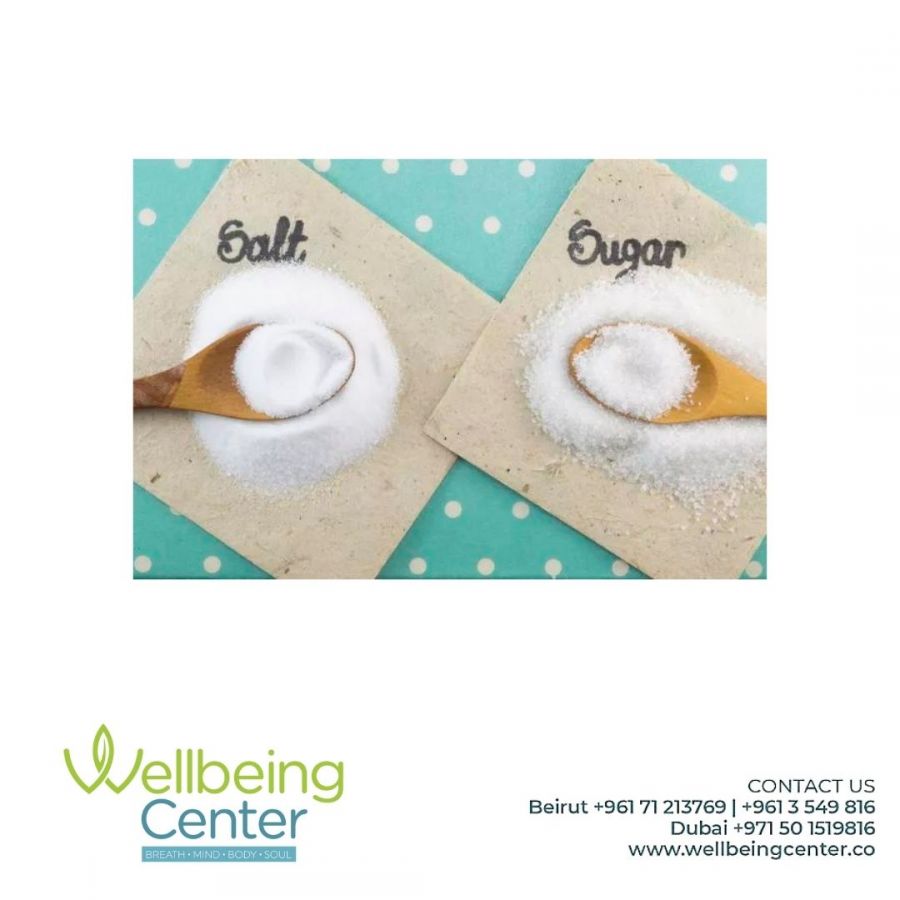What Do Salt & Sugar Do to Your Body?

Like most foods and nutrients, they can be helpful — or at least not harmful — in small amounts. However, if you consume too much salt and sugar, you may put yourself at risk for health complications like heart disease and diabetes.
Salt: Positive Effects
Salt, or sodium chloride, is important for some of your body's essential functions, like nutrient absorption and transport. When salt breaks down into its two chemical components in the body, chloride becomes a part of the acids in your digestive tract. These absorb nutrients from your food. Sodium, the other component of salt, influences the volume of liquids retained by your body outside of your cells. This determines your blood volume, which in turn regulates blood pressure.
Salt: Negative Effects
Since salt plays such a critical part in your blood pressure, too much can also lead to high blood pressure, raising your risk of heart problems. Your body only needs about 3.8 grams of salt per day, but most people consume closer to 7 grams daily.
Too much sodium, one of the components of salt, may cause hypertension, or high blood pressure. High blood pressure can cause a number of health complications, including heart disease and stroke.
Sugar: Positive Effects
Sugar actually refers to any number of simple carbohydrates like glucose, fructose and sucrose. During your digestive process, most carbohydrates break down into these sugars, which become energy that fuels your body. Some foods, like fruits, are naturally high in sugars.
When sugar naturally occurs, it is not necessarily bad for your body. However, it is healthier to eat foods high in complex carbohydrates rather than simple sugars. This is because many of the negative effects of sugar occur through the actual process of eating.
Sugar: Negative Effects
Sugar can cause tooth decay by providing fuel for the bacteria that produce cavity-causing plaque. Frequently eating sugar-heavy foods, and brushing your teeth infrequently, raises your risk of cavities and other dental problems.
In addition, many manufacturers add sugars to processed foods and reduce the actual nutrients. This can contribute to weight gain, especially when the bulk of your diet is goods high in the empty calories of sugar.
So, while salt and sugar are not inherently bad for your body, it is important to consume them in moderation.
